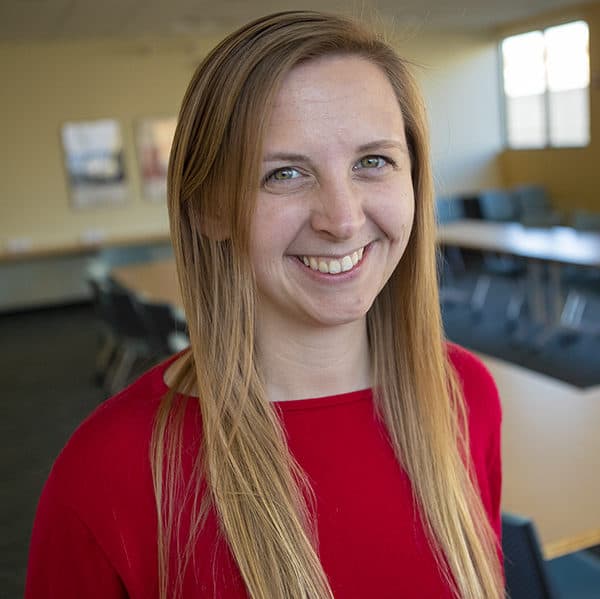Advertisement
Harvard Researchers Share Concerns About Food Insecurity In Mass.
Harvard Kennedy School researchers say federal relief hasn't done enough to address food insecurity in Massachusetts during the pandemic.
Researchers surveyed 58 participants in economic distress in Massachusetts, primarily recruited from community groups, and conducted weekly interviews since May. Among the group, they found increased hunger and more reliance on food pantries.
Professor Jeffrey Liebman led the research with the goal of improving delivery of services and sharing stories to advocate for more resources from the government.
"In the beginning it was quite clear that what our households were doing is prioritizing eating meals, and they just weren't paying their rent if they didn't have any income," he explained. "But they're starting to get really nervous about eviction at this point, and so we've seen several of our families start skipping meals to try to cobble together enough money to pay August rent."
There was no additional money devoted to topping up the Supplemental Nutrition Assistance Program, or SNAP, in the March federal relief package. (There were additional funds allocated in anticipation of more qualifying for the program, but not to increase monthly benefits.) Harvard researchers say this was a mistake. Efforts to pass another round of stimulus spending have stalled in Congress.
The Baker administration has targeted food security as a priority in its new relief plans, starting a $36 million grant program and including millions in the COVID-19 spending bill.
When the pandemic began, Gov. Charlie Baker signed an eviction and foreclosure moratorium that was set to expire in mid-August. However, he has now extended that moratorium until Oct. 17. It's worth noting that the eviction moratorium is not a rent forgiveness solution; as things stand now, tenants still would be on the hook for any back rent owed. Landlords have also challenged the legality of the moratorium.
In June, the most recent month with state data available, Massachusetts recorded the worst unemployment rate in the country at 17.4%. Food pantries across the state have reported seeing greater numbers of clients, with the Greater Boston Food Bank in June seeing a 100% increase in demand since last year.
The Harvard researchers found the food insecurity problem is greatest for undocumented immigrants who are ineligible for unemployment — and people on some fixed government assistance programs.
A survey last month led by the Massachusetts Immigrant and Refugee Advocacy coalition (MIRA) echoed this finding. About 59% of immigrant households reporting said they did not have enough food to eat and that statistic jumps to 78% when looking at immigrant households with at least one undocumented family member, WBUR reported.
With reporting by WBUR's Newscast Unit and State House News Service's Chris Lisinski
